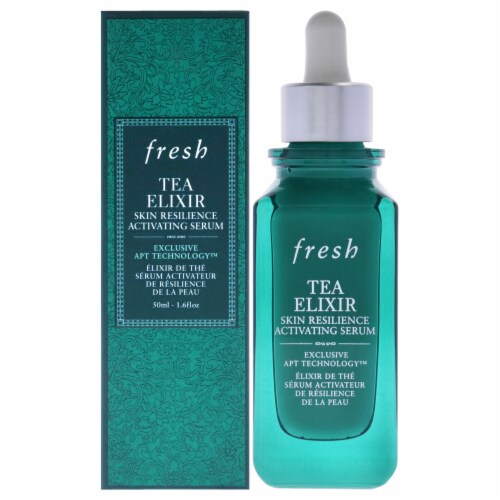
Radiant Skin: Nurturing Your Skin Health
Our skin is a reflection of our overall health and well-being. Proper care and attention are essential to maintain radiant, healthy skin. In this article, we explore the significance of skin health and offer valuable insights and practices to help you achieve and preserve that coveted glow.
Understanding the Importance of Skin Health
Skin health is not merely a matter of aesthetics; it is an indicator of our overall well-being. The skin is the body’s largest organ and serves as a protective barrier against external elements. Healthy skin contributes to our physical health, and a radiant complexion often boosts confidence and mental well-being.
Daily Skincare Routine: A Foundation for Radiance
Establishing a consistent skincare routine is fundamental to maintaining skin health. Cleanse your skin daily to remove impurities and prevent clogged pores. Follow up with a suitable moisturizer to keep your skin hydrated. Additionally, using sunscreen protects your skin from harmful UV rays, preventing premature aging and reducing the risk of skin cancer.
Nutrition and Hydration: Fueling Your Skin
What you put into your body significantly affects your skin’s appearance. A diet rich in antioxidants, vitamins, and minerals promotes healthy skin. Incorporate fruits, vegetables, and foods high in omega-3 fatty acids into your meals. Staying well-hydrated also plays a crucial role in maintaining skin elasticity and preventing dryness.
Understanding Your Skin Type
Different skin types have distinct needs. Whether you have oily, dry, combination, or sensitive skin, tailoring your skincare routine to your specific type is essential. Knowing your skin type helps you choose the right products and treatments, addressing your skin’s unique requirements.
Importance of Adequate Sleep for Skin Regeneration
Quality sleep is a powerful ally for skin health. During sleep, the body undergoes regeneration and repair processes, including the skin. Lack of sleep can contribute to skin issues like dark circles, puffiness, and accelerated aging. Prioritize a good night’s sleep to support your skin’s natural renewal.
Avoiding Harmful Habits: Smoking and Excessive Sun Exposure
Certain habits can have detrimental effects on your skin. Smoking accelerates the aging process, leading to wrinkles and a dull complexion. Similarly, excessive sun exposure contributes to premature aging and increases the risk of skin cancer. Quitting smoking and using sun protection are vital steps in maintaining healthy skin.
Professional Skincare: When to Seek Dermatological Advice
While a proper daily routine is crucial, there are instances where professional advice is necessary. If you experience persistent skin issues, such as acne, eczema, or unusual moles, consulting a dermatologist is recommended. Dermatological guidance ensures effective treatment tailored to your skin’s specific needs.
Holistic Approaches to Skin Health
In addition to external care, adopting holistic approaches contributes to skin health. Practices such as stress management, regular exercise, and overall well-being positively impact your skin. Stress, in particular, can manifest in skin issues, so incorporating relaxation techniques into your routine can make a noticeable difference.
Environmental Factors and Skin Protection
Environmental factors, such as pollution and harsh weather conditions, can impact your skin. Using protective measures, like wearing hats and using skincare products with antioxidants, helps shield your skin from external stressors. These proactive steps contribute to maintaining skin health in various conditions.
A Resource for Skin Health
Explore more insights and resources on skin health at Studentals.net. Discover articles, tips, and expert advice to enhance your skincare routine and achieve radiant, healthy skin. Your skin deserves the best care, and with the right knowledge, you can nurture its natural glow.
In conclusion, radiant skin goes beyond aesthetics; it is an integral part of overall well-being. By understanding the importance of skin health, adopting a tailored skincare routine, and incorporating holistic practices, you can achieve and maintain the healthy, glowing complexion you desire. Embrace these practices to nurture your skin from the inside out.

%20(1).jpg)


